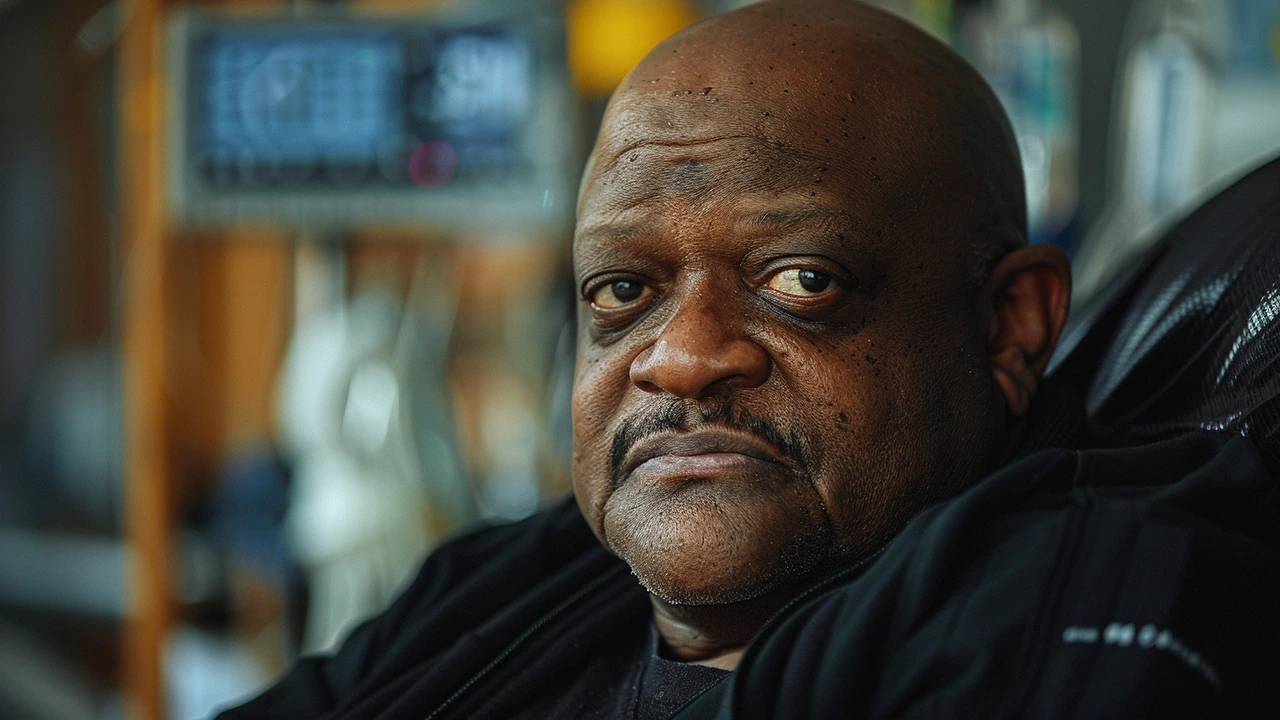Understanding Transplant Medicine: What You Need to Know
Transplant medicine plays a crucial role in saving lives when organs fail. This field focuses on replacing damaged or failing organs with healthy ones from donors. From kidneys and livers to hearts and lungs, transplant surgeries offer patients a second chance at life. But how does it all work? Let’s break down the essentials without overwhelming you.
First off, organ transplants start with finding a suitable donor. There are two main types: living donors and deceased donors. Living donors give organs like a kidney or part of their liver while alive, which can dramatically reduce wait times. Deceased donors donate after passing away, and their organs can save multiple people.
How Transplants Are Done & What to Expect
Once a donor match is found, doctors perform surgery to replace the damaged organ. Transplant surgery is complex and requires a skilled medical team. After the procedure, recovery focuses on preventing organ rejection, where the immune system attacks the new organ. Patients take immunosuppressant drugs daily to keep this in check.
Recovery also involves regular check-ups and lifestyle changes to keep the new organ healthy. While the process might sound intense, modern medicine has improved survival rates and quality of life dramatically. Many transplant recipients go on to live active, fulfilling lives post-surgery.
Why Transplant Medicine Matters Today
Organ failure affects thousands every year, and transplant medicine offers hope when other treatments fail. Advances in surgical techniques, drug therapies, and donor management continue to improve outcomes. Awareness about organ donation has increased, helping reduce waiting lists globally.
If you or a loved one faces organ failure, understanding transplant medicine can empower you during a challenging time. Knowing how the process works and what comes next helps ease concerns and prepares you for informed decisions. Ultimately, it’s about giving patients a new lease on life through cutting-edge medical care and compassionate support.
Patient Dies Following World's First Pig-to-Human Kidney Transplant
Richard Slayman, a 62-year-old man, tragically passed away weeks after receiving the world's first pig-to-human kidney transplant at Massachusetts General Hospital. The family has no indication that his death was directly linked to the transplant.
Julian Parsons | May, 13 2024 Read More
